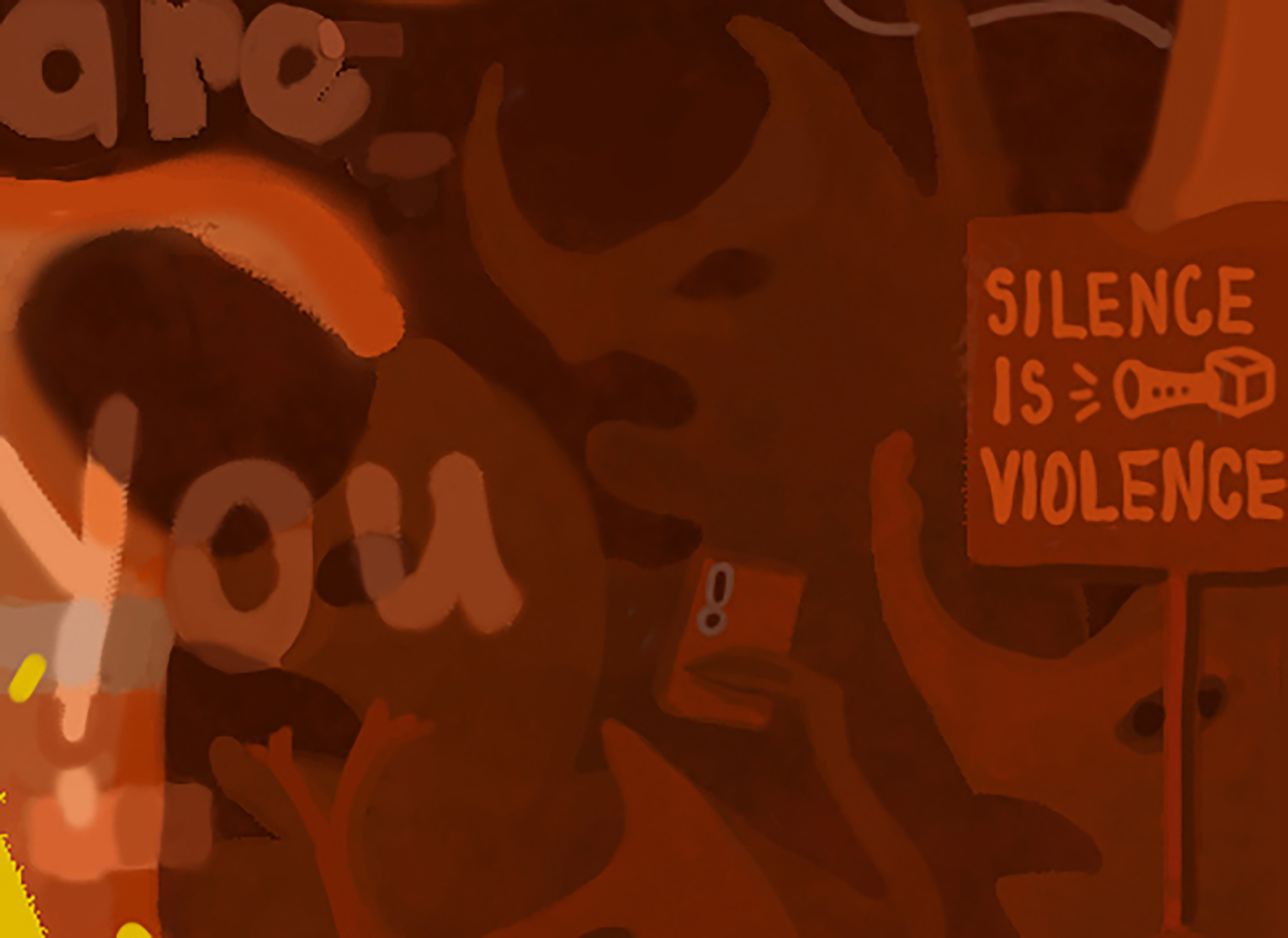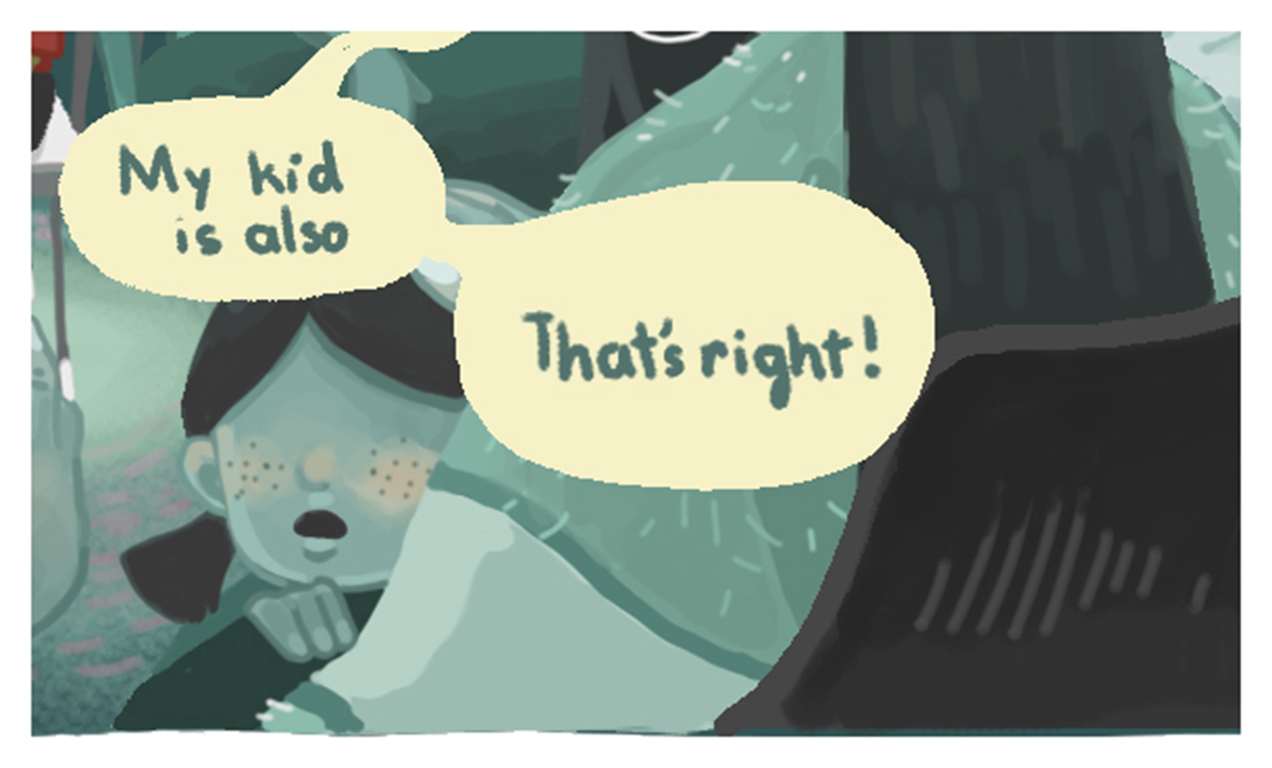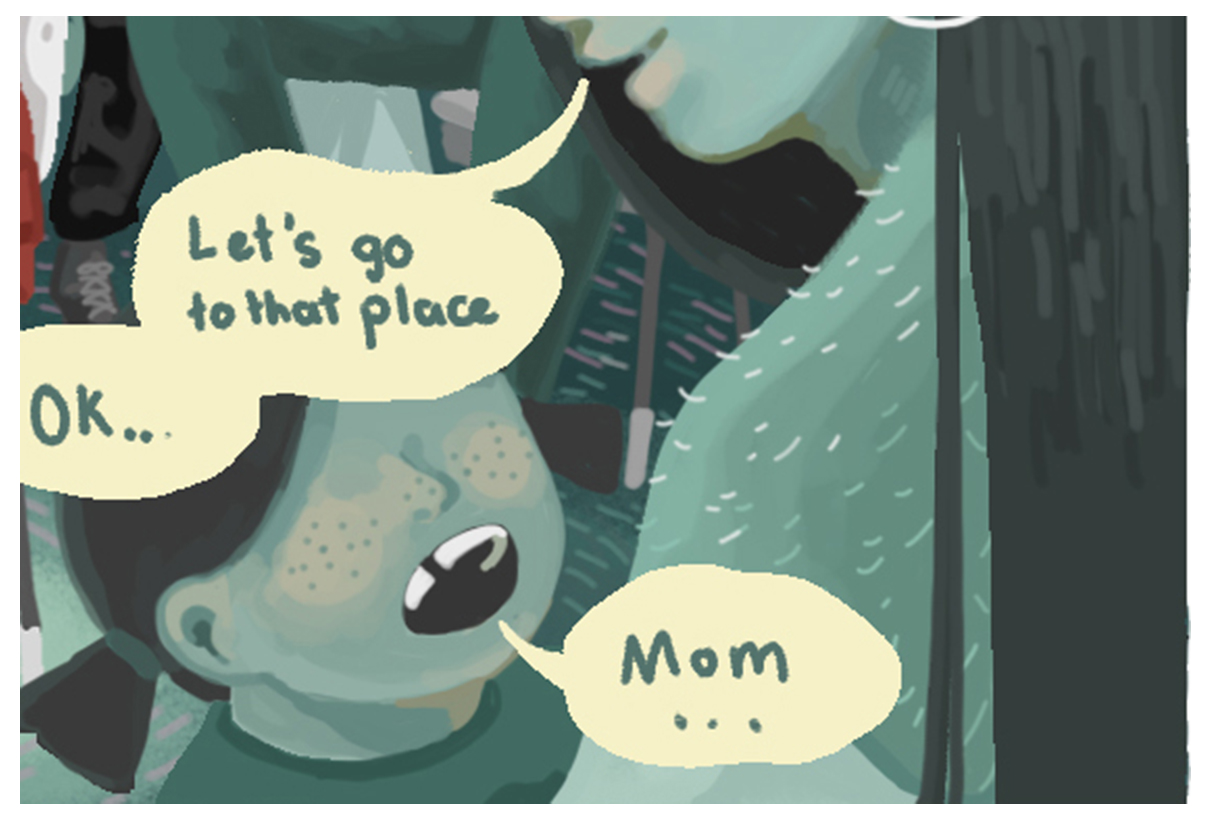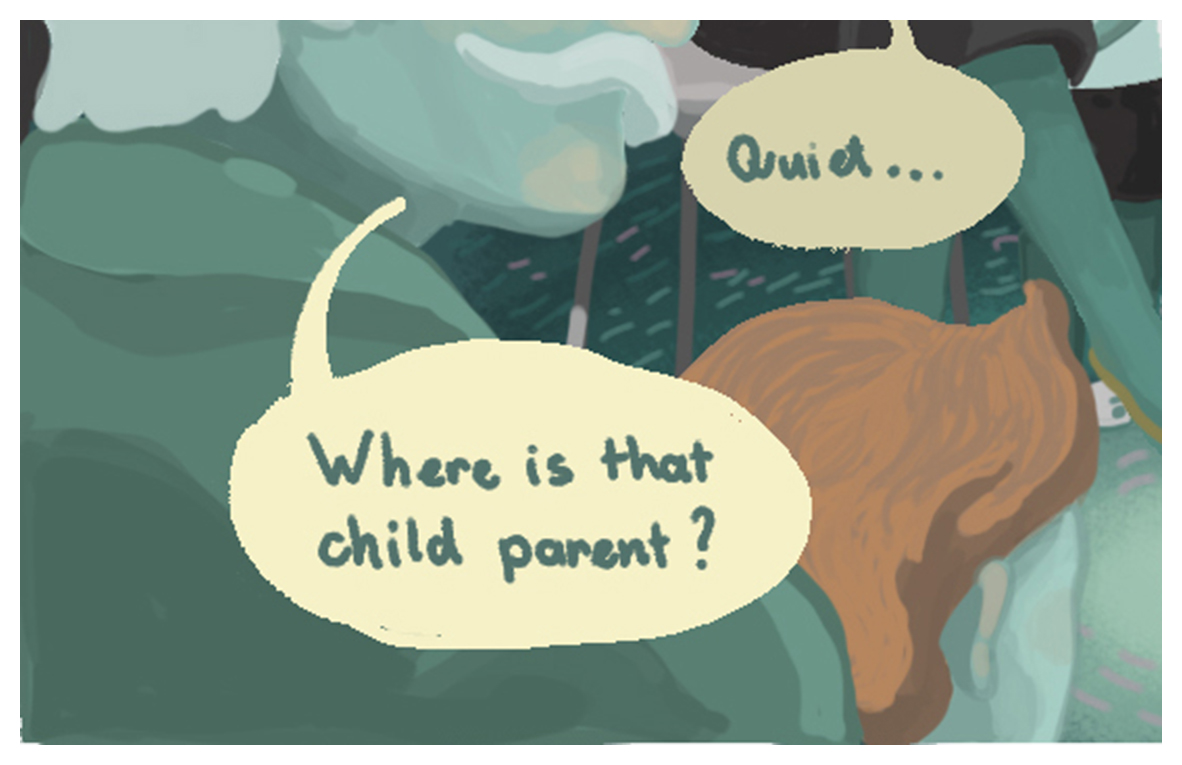
Health & Medicine
Don’t look away

The words we use to describe how children are impacted by domestic homicide are important – and it’s time to be honest
Published 26 November 2023
We’re becoming more and more aware of the large number of children bereaved through domestic violence – although it is challenging to get an accurate idea as estimates range widely.
In 2022, an analysis of intimate partner homicides indicated that 172 children had been bereaved over a period of eight years. But the report pointed out that this was likely an undercount, and extrapolations from other data suggest substantially bigger numbers.

Even with the smallest estimate, we are looking at a sizable group of children confronted with a deeply disruptive loss. Our research team aims to better understand their experiences and needs.
The words we use while doing this research, as well as in society, are important. They can shape our understanding, our interactions, and how welcoming and inclusive we are of the children who are affected.
And these words are also continuously evolving.

Health & Medicine
Don’t look away
Let’s start at the beginning of this article’s headline: “losing”. This word is true in many ways, but it’s also a euphemism.
Children bereaved by domestic homicide are in most cases confronted with the sudden loss of an important attachment figure – if not the person who would usually support them through such a difficult experience.
But when we only refer to a child as having ‘lost’ their parent, we avoid acknowledging that someone else actively had a hand in this; these parents aren’t lost, they’ve been killed. Their children are dealing with a violent death.

The words we choose can betray our collective discomfort here; we owe it to these children, and ourselves, to choose words that honour the finality and reality of this death.
Of course, that doesn’t mean that we should refer to violence or the offender in every sentence or conversation. But we should check ourselves that we are not consistently skirting around the topic, denying children, young people and adults a genuine conversation.
We can use age-appropriate language to have these conversations; words that are simple but honest.

Health & Medicine
A child’s right to be heard
Then there’s the next part of our headline – “a parent”.
There are two issues with this. The first is that it usually isn’t that neutral. Domestic homicides are gendered – most of the victims are women and most of the perpetrators are men.
This gendered nature receives substantial attention in the media and in domestic homicide research.It is important that this gendered nature is acknowledged and attended to in policy and practice, and campaigns like 16 days of activism contribute to that.
There is an obvious caveat, however. A focus on women killed by men may mean that, for example, children whose father has been killed by their mother or where the homicide was in a same-sex couple, do not feel seen, while they are already dealing with stigma and loneliness.

The second issue around the word “parent” is that it’s very limited if you look at it from a child’s perspective. It doesn’t encompass broader conceptions of family and kinship, which can be just as significant.
Think of step-parents, foster parents, those in caregiving arrangements in queer communities, and those who are ‘other’ family members, friends or hired caregiving support.
All of them can be essential attachment figures for children, and some cultures, including Aboriginal and Torres Strait Islander communities, acknowledge these roles much more explicitly than others.

Health & Medicine
When ‘home’ is taken away
Then we have the word “domestic”. This is a narrow term that’s often reserved for intimate partners or ex-partners. But what about the parent or caregiver who is killed by the child’s sibling, or the sibling who is killed by their parent or caregiver?
There’s a particular horror of being the child of both a killer and a victim, but the dynamics and gravity of the situation have similarities, and the impact on children’s mental health is likely to be similarly extensive.
If we broaden from ‘domestic homicide’ to ‘family violence homicide’, we are more inclusive in our recognition of this impact on the children and young people involved.
Finally, let’s address that last word of our headline – “homicide”. Is homicide too specific?

So far, our research team has concentrated on children who lost a biological parent at the hands of that parent’s partner or ex-partner – and homicide seemed to cover it.
Recently though, suicides related to domestic violence are starting to be recognised as domestic violence deaths. If a caregiver endured violence to such an extent that they ended up taking their own life, one could argue that the children bereaved may benefit from similar support as children bereaved due to domestic homicide.
Instead of the word ‘homicide’, we could use ‘family violence-related death’ when considering the impact on children – and advocating for support.

Health & Medicine
A little rhino beetle tells a story
So, why are all these definitions so important? They matter for those who are affected.
People with lived experience tell us that we should cast our language net wide to be as inclusive as possible, not losing sight of:
People whose parent is killed when they themselves are adults
Children whose caregiver is killed by someone else in the family
Children whose caregiver takes their own life in the context of domestic violence
Children who lose an attachment figure in their daily life who may not be seen as a caregiver by authorities or services

Of course, this doesn’t mean that we shouldn’t also develop an understanding of specific needs and provide targeted support to specific groups.
But where we can broaden our scope, not only as a research team but also as a society, we can open the door to more considered conversation about children’s needs and how to support them.
This article is part of a series on the impact of domestic homicide on children and young people. While there are usually one or two authors mentioned, the whole research team and several people with lived experience have contributed. The illustrations have been hand drawn by Thu Huong Nguyen (Abigail). The research report contains further information.
Are you looking for support? In Australia, good places to start are Kids Helpline, Life Line, Beyond Blue and 1800 Respect. These are all free of charge. You can also contact your doctor (GP) to discuss a subsidised Mental Health Treatment Plan, and you may be able to access counselling through your employer’s Employee Assistance Program (EAP) or your TAFE/university’s counselling services. You may also be eligible for support, counselling or financial assistance through your state or territory Victims of Crime service.
Are you keen to connect with peers? If you have lost a parent due to fatal family violence, we can connect you with peers with lived experience. Please send an email.
Banner: Thu Huong Nguyen (Abigail)